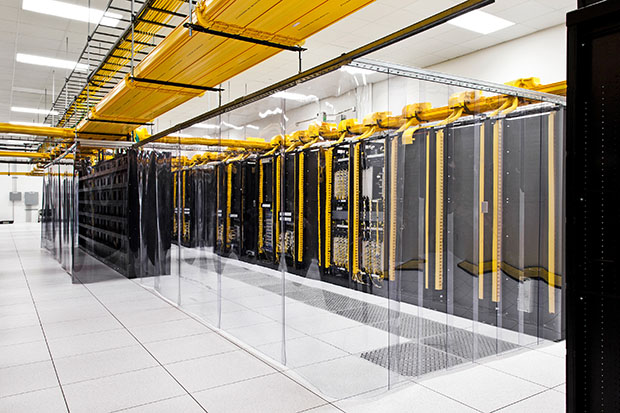Growing Pains: U.S. Quickly Running Out Of IPv4 Addresses, Expensive IPv6 Shift Looms
We've been hearing about this threat for what seems like forever, but now, it's really real. According to The Wall Street Journal, the United States has a mere 3.4 million IP addresses left in its stock, and those are expected to disappear at some point during the summer. There's only one solution: to accelerate the rollout of IPv6.
When the IPv4 protocol was created in the 70s, it was designed with a 32-bit numbering scheme. Understandably, its creators thought 4.2 billion total addresses (2^32) was more than sufficient. But those creators wouldn't have been able to foresee the computing explosion that'd strike decades later. It should be noted that the IP addresses of the devices in your home are not part of the problem here. Those are all assigned internal addresses; your external IP address (the one that's part of this massive conglomerate), is assigned to your Internet router.

With IPv6, running out of addresses isn't ever going to be a problem. At 128-bit, that's 2^128 addresses, or 3.402823669×10^38. To put that into perspective, each bit after 32-bit would double the number of addresses of the bitness before it; eg: 40-bit would allow us to double each number 8 more times. If that example's not clear enough, 128-bit is 340 undecillion (American), or in plain terms, 340,000,000,000,000,000,000,000,000,000,000,000,000.
In truth, we could have run out of IPv4 sooner if not for the fact that ISPs have moved some customers over to IPv6 already. To see if you're on IPv6, you can go to Google and type in "ip address" or "what is my ip". If you get a value like 2001:db8:0:1234:0:567:8:1 rather than 172.16.254.1, you're on IPv6.
For those not on IPv6, you'll either simply have to wait for your ISP to enable it on your connection, or in the worst case, you may have to upgrade your ISP's router (which may or may not be free). Fortunately, though, it's not the consumers that have to worry about this right now, it's the ISPs. If you're not on IPv6 yet, don't fret... you're not suddenly going to lose your net access because IPv4 dries up.

